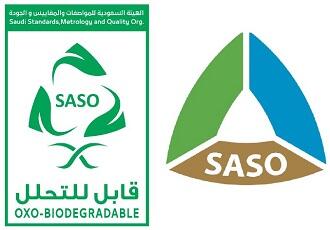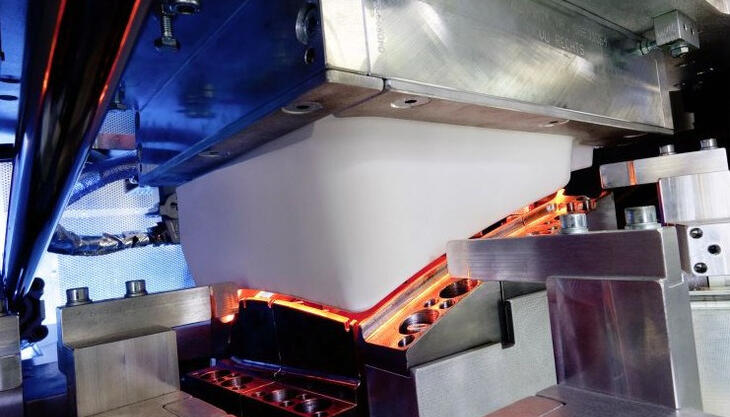
The Saudi government has introduced new and more stringent rules, in force as of December 12, 2017, on all polyethylene and polypropylene products with thicknesses of up to 250 micron (0.025 cm), including packaging, entering the country.
With some exceptions for products used in the medical and food industries, polyethylene and polypropylene products with thicknesses of up to 250 micron intended for export to Saudi Arabia must be marked with a special logo showing that the plastic is of the oxo-biodegradable type. According to the provisions laid down by the competent authority - the Saudi Standards, Metrology and Quality Organisation (Saso) - PP and PE products meeting the abovementioned limits on thickness and product use and purpose must be produced using approved oxo-biodegradable materials. The said products and packaging will be subject to customs inspections to verify their compliance with the new rules, which require them to contain an oxo-biodegradable masterbatch from a Saudi government authorised supplier.
These are the indications contained in a note on the regulation issued by the Saudi customs authorities. Accordingly, as of 12 December 2017, products included in the harmonised system’s list of customs codes, as well as packaging materials used for shipping purposes, must progressively be provided with the “biodegradable” logo. Without this logo, products will not exportable to Saudi Arabia. To be able to use the logo, importers and manufacturers need to obtain a licence issued by Saso. At the same time, the exporter must produce a letter in which it undertakes to comply with the rules on biodegradable plastic products also for future shipments.
The regulation itself and further details on the registration procedures, a list of PP and PE products subject to the restrictions, and a list of laboratories authorised to issue export licenses for the products concerned are available on the Saso portal.























